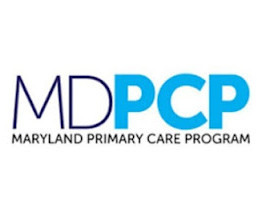Maryland's Primary Care Program: incremental progress or breakthrough?
The Health Policy Exchange
SEPTEMBER 2, 2020
Our residency, formerly a collaboration with Providence Hospital, is now known as the Medstar Health/Georgetown-Washington Hospital Center Family Medicine Residency Program. What hasn't changed is that our family medicine residents remain excited about health policy and advocacy. Phillips, Jr.












Let's personalize your content